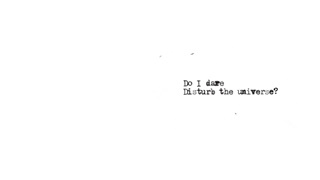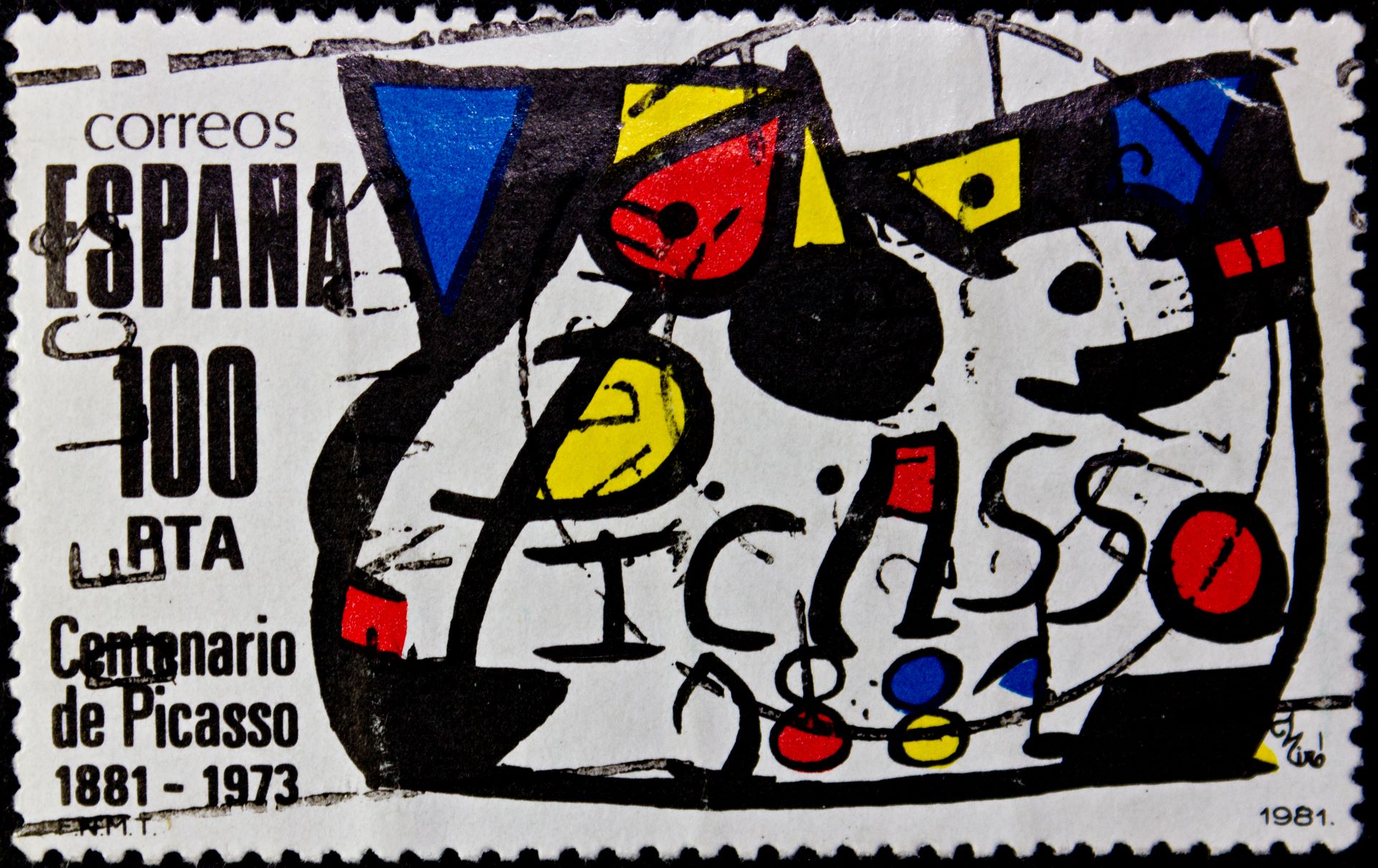
The poet
Line by line


I believe in Pablo Picasso, almighty creator of heaven and earth
I believe in Charlie Chaplin
Son of violets and mice
Who was crucified, died, and laid in the grave by his era,
but who each day is revived in the hearts of men
I believe in love and art
As ways to find joy in the hardness of life
I believe in the crickets that people the magic crystal night
I believe in the miller that lives to create stars with his marvelous wheel
I believe in the highest gifts of humanity configured in the memory
of Isadora Duncan
brought down like a pure, wounded dove under the Mediterranean sky
I believe in the chocolate coins that I hide under the pillow of my childhood
I believe in the legend of Orpheus
I believe in the sorcery of music that in the hours of my anguish I saw
under the spell of Fauré's Pavanne
leaving sweet Euridice liberated and radiant
from the inferno of my soul
I believe in Rainer Marie Rilke
hero of humanity's struggle
for beauty, who sacrificed his life
while picking a rose for a lady
I believe in the roses that burst forth
from the adolescent corpse of Ophelia
I believe in the silence of Achilles weeping before the sea
I believe in a small and distant ship
that left a century ago to meet the sun
Its captain Lord Byron
in his belt the archangels' swords
and around his temples
the splendor of the stars
I believe in Ulysses' dog
and in Alice's cat
smiling in Wonderland
In Robinson Crusoe's parrot
In the mice that pulled
Cinderella's carriage
In Berylfire, Roland's horse
and in the bees that build their hive in the heart of Martín Tinajero
I believe in friendship
as the most lovely creation of mankind
I believe in the powerful creators of humanity
And I believe in me
since I know that there are some
who love me
Creo en Pablo Picasso, todopoderoso
creador del cielo y de la tierra
Creo en Charlie Chaplin
Hijo de las violetas y los ratones
que fué crucificado, muerto y sepultado
por el tiempo, pero que cada dia resucita
en el corazon de los hombres
Creo en el amor y el arte
como vias hacia el disfrute de la vida perdurable
Creo en los grillos
que pueblan la noche de mágicos cristales
Creo en el amolador
que vive de fabricar estrellas con su rueda maravillosa
Creo en la cualidad aerea del hombre
configurado en el recuerdo
de Isadora Duncan
abatiendose come una purisima paloma herida bajo el cielo del Mediterraneo
Creo en las monedas de chocolate
que atesoro bajo la almohada de mi niñez
Creo en la fábula de Orfeo
Creo en el sortilegio de la musica
yo que en las horas de mi angustia vi
al conjuro de la pavana de Fauré
salir liberada y radiante
a la dulce Euridice del infierno de mi alma
Creo en Rainer Maria Rilke
héroe de la lucha del hombre
por la belleza, que sacrificó su vida
al acto de cortar una rosa por una mujer
Creo en las rosas que brotaron del cadaver adolescente de Ofelia
Creo en el llanto silencioso de Aquiles
frente al mar
Creo en un barco esbelto y distantísimo
que salió hace un siglo al encuentro de la aurora
Su capitán Lord Byron
al cinto las espadas de los arcángeles
y junto a sus sienes
el resplandor de las estrellas
Creo en el perro de Ulises
y en el gato risueño
de Alicia en el País de las Maravillas
En el loro de Robinson Crusoe
En los ratoncitos que tiraron
el carro de la Cenicienta
En Beralfiro, el caballo de Rolando
y en las abejas que labran
su colmena dentro del corazón de Martín Tinajero
Creo en la amistad
como en el invento mas bello del hombre
Creo en los poderes creadores del pueblo
Y creo en mí
puesto que sé que hay alguien
que me ama
To any reader raised as a Roman Catholic, this poem will seem immediately familiar. You may not have heard of the Venezuelan journalist and writer Aquiles Nazoa, you may not speak Spanish or be familiar with the legend of Martín Tinajero, the conquistador whose dead body, it was said, attracted swarms of bees with its fragrance of honey. But the title and structure of the poem, the anaphoristic and insistent use of 'I believe' (creo), always at the beginning of a line, the repeated references to creation – and to death – clearly evoke the structure of the Nicene Creed: the profession of faith recited as an act of devotion during Mass.
As instantly as the association is prompted, though, it is rejected, distorted, as the poem spins out its alternative article of faith. We careen through a jumble of allusions that surprise and confound: how do we reconcile the bizarre secular imagery with the testimony of religious belief that is invoked even as it is denied expression? Phrases are alternately mellifluous and discordant; consider: 'Creo en Pablo Picasso, todopoderoso…Creo en Charlie Chaplin'. The images themselves jar: broken-necked Isadora Duncan and the weirdly smiling Cheshire cat are juxtaposed with crickets chirping in the 'magical crystal night' and the glittering 'resplandor de las estrellas'.
The wording of the Nicene Creed was born out of an intense theological dispute in the fourth century about the nature of the relationship between God and Christ. It embodied a delicate compromise between the different views, carefully and powerfully worded so as to bring together opposed sides of the debate in a statement of belief that both could agree on. Though the Byzantine and western Roman Catholic Church later split, the formula of the Creed endured in both branches. And it haunts Nazoa’s poem; he speaks of literary tropes and Hollywood stars, musicians, writers and human emotion as the foundations of faith. But even as he turns away from his religious precedent, so he is ensnared in its liturgy. He presents the apotheosis of artistic 'creation'. The king is dead; long live the king.
© Norton Rose Fulbright LLP 2025